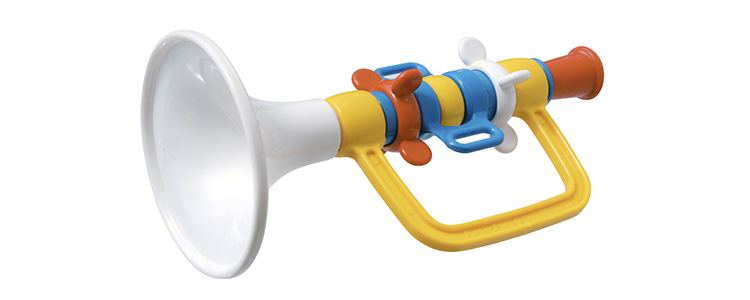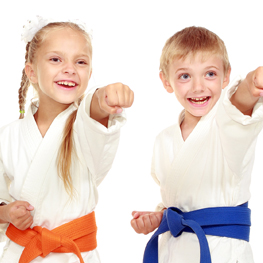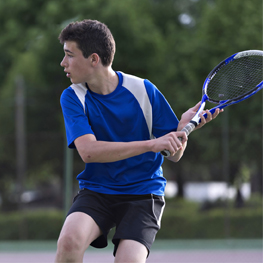



Learning that you, your spouse or another family member suffers from an incurable illness or a serious, possibly fatal injury is devastating. After the initial shock, you may wonder how to break the news to your children. “What we try and tell parents is that we can’t fix things that are heartbreaking, but we can make them easier to understand,” says Heather Kinney, CCLS, CPST, a senior child life specialist.

As a parent, you are the one tasked with helping your child be the best they can be. You are the one who knows your child best, and so you need to make the decision of whether or not your child needs support from a counsellor. Unfortunately, our children are faced with stress on a daily basis within their two main environments: family and school. Family stress often involves transitions such as moves, divorce, illness and death. School stress can come from academics (issues such as test anxiety, expectations and homework) or social aspects (relationships, bullying and peer pressure). Each child reacts differently even when they have experienced the exact same situation. As the parent, you must make decisions around your child’s mental health based on that individual child and not their siblings, cousins or friends. If you are concerned, trust your instincts!

No parent sets out to raise a quitter; no teacher sets out to nurture one. Your lip curls just at the suggestion, doesn’t it? My thoughts on this loaded subject crystallized when the following questions from a reporter came across my desk: “When is it okay for a child to quit a sport or activity? How can adults determine the difference between a truly bad fit and a child who simply wants to stop when the going gets tough, only to start another activity and repeat the cycle?”

The question of sport specialization - when to begin and how best to approach it - has been a topic of much debate for years, and one that CS4L-LTAD (Canadian Sport for Life - Long-Term Athlete Development) has discussed at length. Though some have argued that early specialization in a sport is the only way to become an elite athlete, more and more research shows that later specialization in a sport (aside from artistic and acrobatic sports) better equips athletes to succeed at the highest levels. But it isn’t just late specialization that gives elite athletes the edge - it’s the way in which they train once they begin specializing.
Calgary’s Child Magazine © 2024 Calgary’s Child